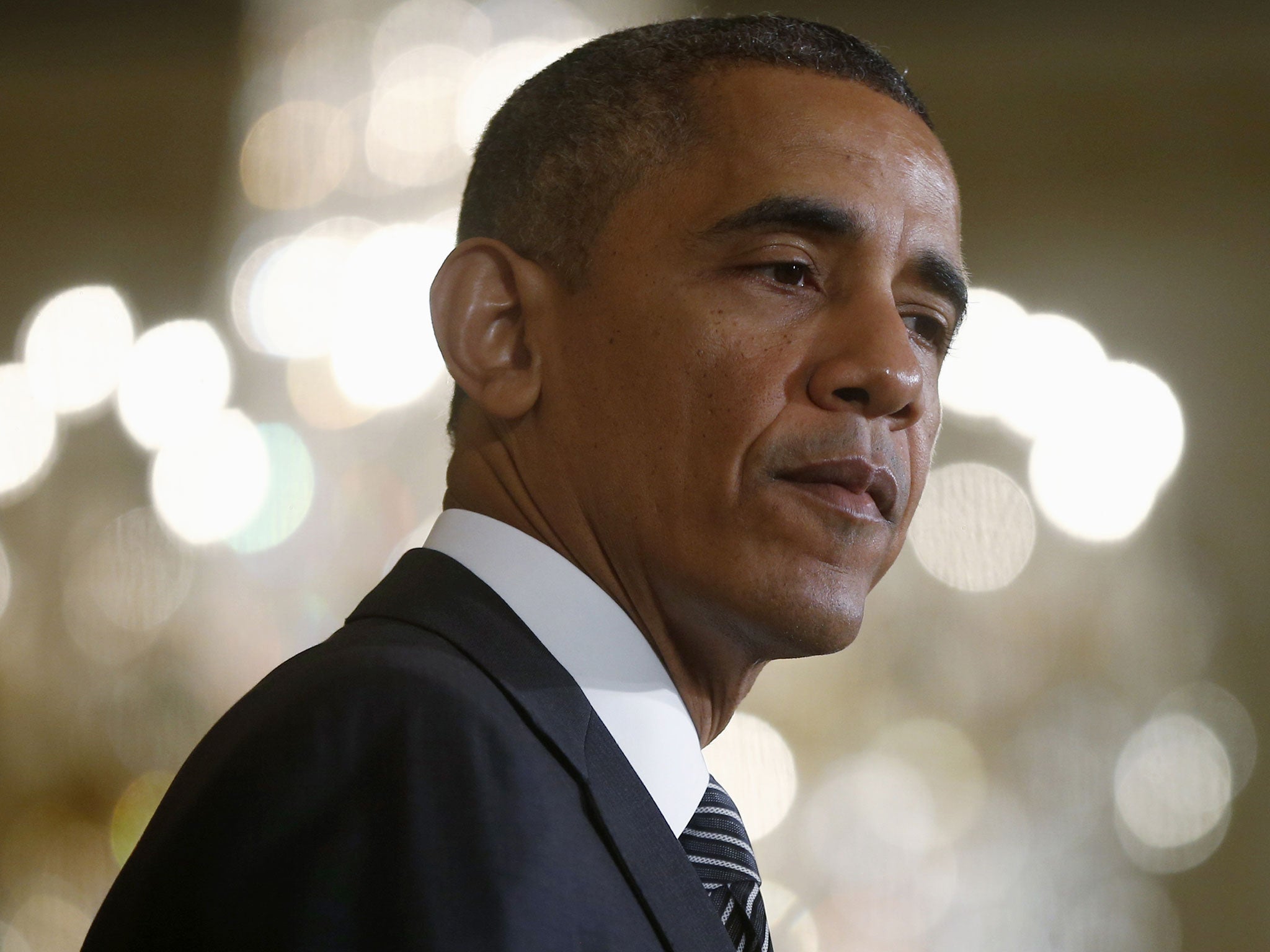America’s foreign policy ills go far beyond spying

John Kerry, the US Secretary of State, ran from Dulles airport after a whirlwind world tour to a conference at the Center for American Progress in Washington on Thursday, to get something off his chest. With its recent behaviour Washington had been putting America’s standing in the world at unnecessary risk.
“I wanted just to come here… to reflect on the damage that events like the one we’ve just been through can do to the esteem in which the US is held in the world,” Mr Kerry said. The US has to be “far more conscious about how our leadership looks through other people’s eyes”.
However, Mr Kerry was talking only of the recent shutdown/debt ceiling fandango. True, the episode did America’s reputation no good. He read out some especially caustic comments from British newspapers.
But America’s foreign policy ills – and their causes – go far beyond all of that. Which among its traditional strategic relationships is not in trouble? With slight tongue in cheek you could almost say America’s best friends right now are Iran and Moscow. (Though Moscow is in high dudgeon again after Washington this week accused the head of a Russian cultural programme here of trying to hire young Americans as spies.)
In the Middle East, all three of the countries Washington is meant to be closest to are in a snit with it. Saudi Arabia is publicly scorning it for pulling back from attacking Syria and giving too much credence to the new president of Iran on his nuclear programme. Israel is also upset about the Iran dossier and with the US’s recent decision to freeze much of its aid to Egypt. That, of course, means Cairo is cross too.
Spool back meanwhile to that summer day in 2008 when candidate Barack Obama addressed swooning Germans at the Victory Column in Berlin. Drawing a line under the Bush era, he looked forward to “allies who will listen to each other, who will learn from each other, who will, above all, trust each other”.
Listen to, or eavesdrop on? Over the past two days in Brussels, Angela Merkel has made quite clear that she thinks the trust between Europe and Washington has been sundered by revelations of snooping by the NSA, including into her own cell phone. “We need trust among allies and partners. Such trust now has to be built anew,” she said at the EU summit. “We are allies. But such an alliance can only be built on trust.”
What the NSA has been up to all but hijacked the summit, but so far in Washington the response has been limited to discussion of the part played by Edward Snowden, the former NSA contractor whose leaks have informed most of the revelations, and concern that his treachery may outdo WikiLeaks in terms of harm.
But remorse, regret and embarrassment are not sentiments much in evidence here. No hearings are being called to press Mr Kerry to explain how he means to get America’s relationships back into kilter. No general alarm that the US has actually been caught hacking into a foreign leader’s phone.
“This overreach is particularly incomprehensible; I don’t want to suggest it’s not wrong-headed,” said Aaron David Miller, a former aide to six secretaries of state and now at the Wilson Center, a foreign policy think-tank. “But it’s a question of what consequence will it have: our relationships with the Germans, with the British, with France and for that matter with China, and the Saudis… these are relationships that are just too important, too central, too permanent to be disrupted by what we have seen so far.” With regard to intelligence-gathering, the problem may be that America wants to have its cake and eat it too, asking countries such as Germany to assist in guarding against terror attack or, say, containing Iran, while trying to keep a competitive economic and diplomatic edge by spying on them, too. Squaring that will be central to a review of NSA practices that Washington is now undertaking.
“An ongoing review is the right approach, because at the end of the day you want to make sure your resources are being used where you need them the most,” Marco Rubio, a Republican senator, said. But he isn’t yet ready to take the European anger entirely at face value, because everyone is at it: “A lot of what you’re seeing is for the domestic consumption of their own public. But at the end of the day, everyone knew there was gambling going on in Casablanca.”
Join our commenting forum
Join thought-provoking conversations, follow other Independent readers and see their replies
Comments
Bookmark popover
Removed from bookmarks